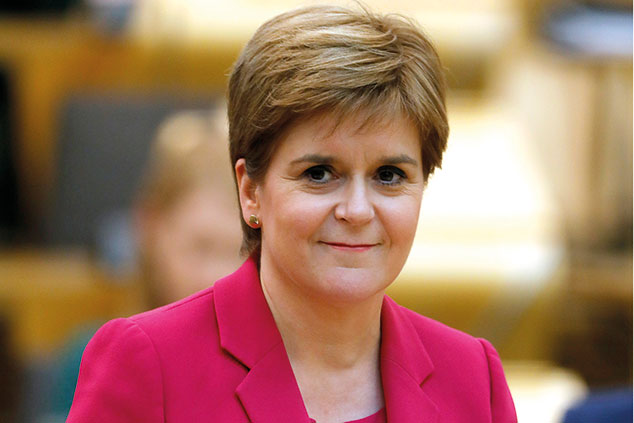
Even after recent regulatory changes designed to limit the risk to the punter, financial spread betting remains a multibillion-pound industry. Spread bets are an easy way for retail investors to take punts on price moves that would otherwise require you to buy exotic financial instruments, but you can also spread bet on politics. Sporting Index has an open market on the number of seats that each individual party could win at the next election, for example. As in ordinary spread betting, you buy or sell seats and then make (or lose) the difference between the purchase price and the final amount, multiplied by your stake per seat.
So if you buy Labour at 230 (the current buying price) at £1 per seat, and they get 300, then you make £70. If you sell at 222 (the current selling price), then you lose £78. If you think that the price no longer offers value you can close your position by selling (or buying) an equivalent amount to your original bet. There is no upfront charge, the spread-betting firms make their money on the difference (or spread) between the buying and selling price.
At the moment Sporting Index thinks that the Tories will fall short of a majority, but remain the largest party, at 302-310 seats, and that Labour will lose seats, slipping to 222-230. At the same time it expects the SNP (the party’s leader, Nicola Sturgeon, pictured) to advance to 45-49, the Lib Dems to rise to 44-48, the Brexit Party to get 4-5.5 and the Greens2-3. I’d wait until an election date has been decided before placing any bets.